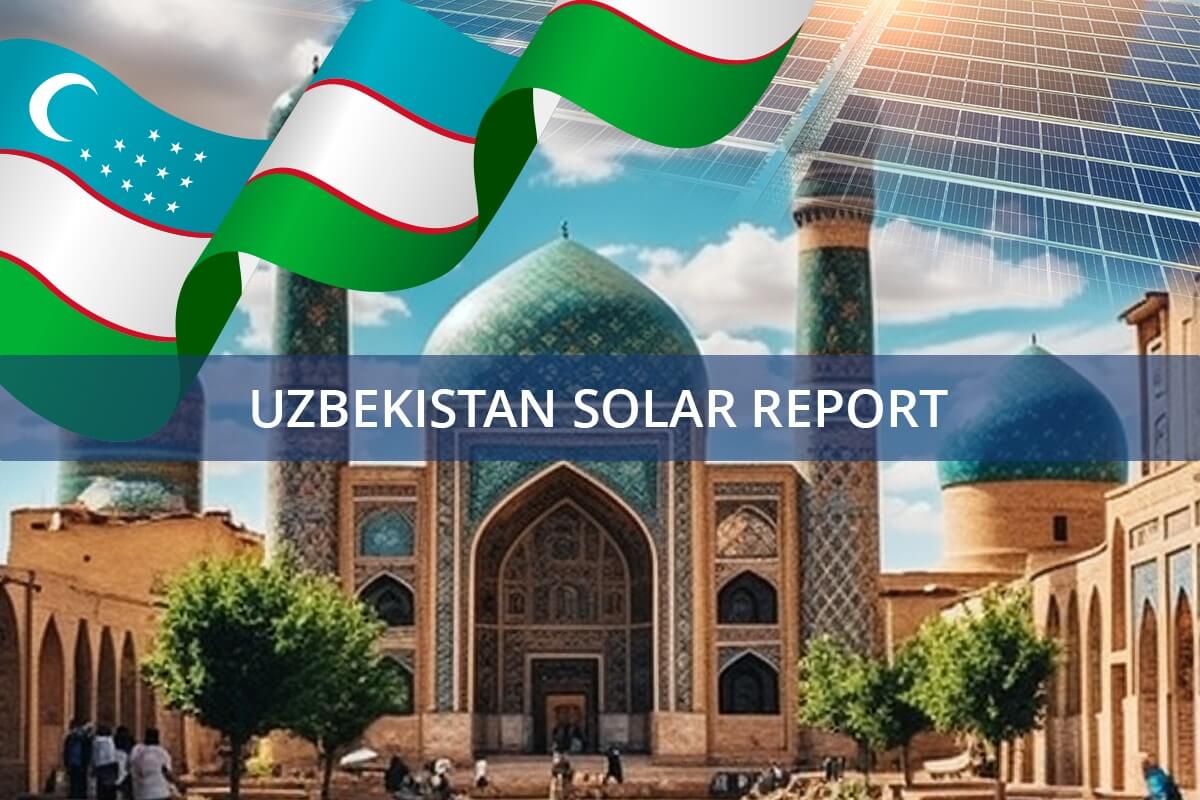Uzbekistan solar power milestone: Launching the Gijduvan Solar Power Plant
Uzbekistan is set to take a significant leap in its renewable energy journey with the launch of a 191.6 MW solar power plant in the Gijduvan district of the Bukhara region by mid-2025. Developed by Madrasah Solar Energy, this ambitious project is poised to significantly enhance the country’s renewable energy capacity, supplying an impressive 407 million kWh of electricity annually to the national grid. This initiative is not only a testament to Uzbekistan’s commitment to sustainable energy but also a catalyst for economic growth.
Expanding Uzbekistan solar power capacity through Gijduvan project
The Gijduvan solar power plant is a pivotal part of Uzbekistan’s strategic effort to bolster its renewable energy infrastructure. Spanning an expansive 337 hectares in the Gijduvan district, the plant will harness the region’s abundant solar radiation to deliver a stable and clean energy source for the nation. By diversifying its energy mix, Uzbekistan aims to diminish its reliance on fossil fuels, thereby fostering environmental sustainability and setting a benchmark for renewable energy development in Central Asia.
Economic and environmental benefits of Uzbekistan solar power
This $120 million investment, managed by Madrasah Solar Energy, underscores the Uzbek government’s dedication to expanding its renewable energy infrastructure. The plant is expected to meet the rising electricity demands while providing substantial economic benefits. Beyond the economic advantages, the Gijduvan solar power plant is a crucial component of Uzbekistan’s strategy to reduce greenhouse gas emissions. By replacing fossil fuel-generated electricity with solar power, the country can advance towards its environmental targets, contributing to improved air quality and combating climate change.
The strategic location of the plant in the Gijduvan district of Bukhara, known for its high solar radiation, is ideal for such a project. Utilizing cutting-edge solar technology, the plant ensures maximum energy production and a consistent supply of clean electricity.
Advancing Uzbekistan solar power goals for a sustainable future
The Gijduvan project aligns with Uzbekistan’s vision for a sustainable energy future. The government’s goal to increase the proportion of renewable energy in the national grid is significantly supported by this project. With its scheduled operational date set for mid-2025, the plant marks a substantial milestone in the country’s renewable energy development, setting a positive precedent for other nations in the region.
Gijduvan as a model for Uzbekistan solar power projects
The Gijduvan solar power plant is anticipated to serve as a blueprint for future renewable energy endeavors in Uzbekistan. Its success could pave the way for additional solar and wind power projects across the country, crucial for achieving energy security and sustainability. As Uzbekistan continues to explore its renewable energy potential, projects like Gijduvan will be instrumental in setting the stage for a cleaner, more sustainable energy landscape.
In conclusion, the Gijduvan solar power plant is more than an energy project; it is a symbol of Uzbekistan’s commitment to a greener future. By mid-2025, Uzbekistan will have taken a significant step towards a sustainable energy future, enhancing its reputation as a leader in renewable energy development in Central Asia.

